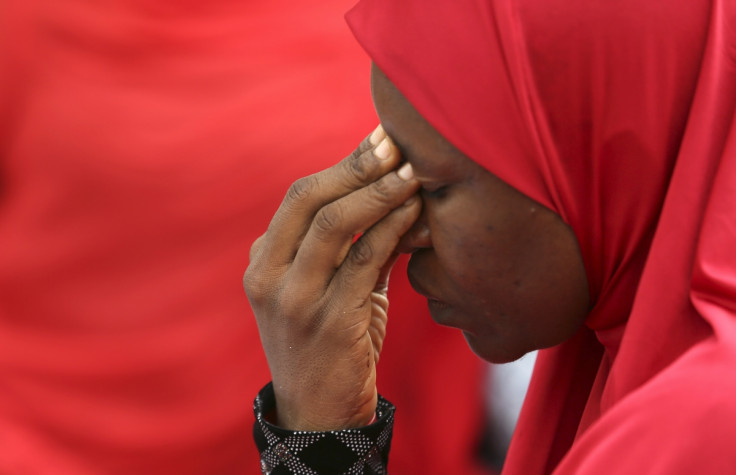Boko Haram Mass Abduction: 'Only Girls Who Get Pregnant Will be Released'

Nigeria's former President Olusegun Obasanjo has said that many of the 220 girls abducted by terror group Boko Haram will never return home, and those who become pregnant in the forest have the best chance of being freed.
The comment comes as the search of the schoolgirls - kidnapped in Chibok, Borno State, on 14 April - has so far failed to locate the victims.
Speaking in an interview with the BBC Hausa Service, Obasanjo said: "I believe that some of them will never return.
"Only those that would later get pregnant and the sect members would find it difficult to cater for the babies in the forest might be released."
The former president has also expressed his frustration at the inadequate negotiations between the government and terrorists.
Current Nigerian President Goodluck Jonathan has been accused of not doing enough to push for the release of the girls.
Obasanjo also said he has the means to communicate with Boko Haram, but that the Federal Government has not permitted him to negotiate with the terrorists.
"I have ways of communicating with Boko Haram members, but the government has not permitted me to do so."
Obasanjo had previously tried to negotiate with the insurgents, especially in September 2011 after members of the group bombed the United Nations headquarters in Abuja, Nigerian Daily Post said.
Timeline of the abduction
The Islamist militants, who are fighting what they say is the Westernisation of the country and want to establish an Islamic state, abducted the girls on 14 April.
About 50 of the kidnapped girls managed to escape, but some 220 are still missing.
The victims, aged between 16 and 18, are being allegedly smuggled to Cameroon and Chad and sold as brides to militants for 2,000 naira — £7.
Others are being forced to marry their abductors.
After hundreds of protesters marched through the Nigerian capital of Abuja to press for the release of the schoolgirls, the government banned rallies in the capital, citing security concerns.
© Copyright IBTimes 2024. All rights reserved.







